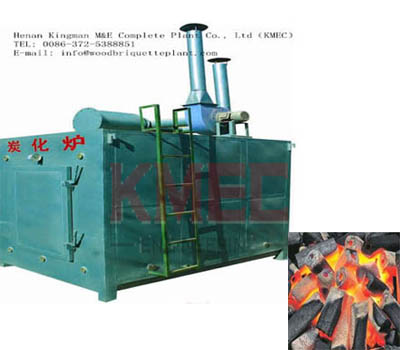Benefits of charcoal
Charcoal is a widely used and environmentally friendly fuel, which has attracted much attention because of its efficient combustion performance and wide application fields. Charcoal can be used not only for home heating and barbecue, but also for industrial production and agricultural improvement. It has the following main advantages:

Firstly, charcoal has a high calorific value when burning, and its combustion efficiency is much higher than that of ordinary wood or other biomass fuels. This makes it a high-quality energy choice, especially in places where high temperature is needed, such as barbecue or metalworking.
Secondly, when charcoal is burned, it produces less smoke and harmful gases, which causes less environmental pollution and is a more environmentally friendly fuel. Compared with traditional fossil energy, charcoal is a renewable resource, and the raw materials are mostly agricultural and forestry wastes, such as peanut shells and straws. By rationally utilizing these wastes, the waste of resources can be effectively reduced.
Besides, charcoal has good adsorption performance, which can be used to purify water, air and improve soil. In agriculture, charcoal can improve soil structure, improve soil water retention and air permeability, thus promoting crop growth.
As for the production process of charcoal, biomass briquetting machine and carbonizing furnace are usually used for processing. At first, raw materials such as peanut shells and straws are pressed into briquettes by a biomass briquetting machine, which can improve the density and combustion efficiency of raw materials. Then, the pressed briquettes are put into carbonizer for high-temperature carbonization, and finally high-quality charcoal is obtained. The whole process is simple and efficient, and at the same time, it can make full use of agricultural wastes and reduce environmental pollution.
In a word, charcoal is of great significance in daily life and industrial production because of its superior performance and environmental protection characteristics. Using agricultural and forestry wastes reasonably to produce charcoal can not only save resources, but also contribute to environmental protection. In the future, with the continuous progress of technology, the application of charcoal will be more extensive, providing more possibilities for sustainable development.

